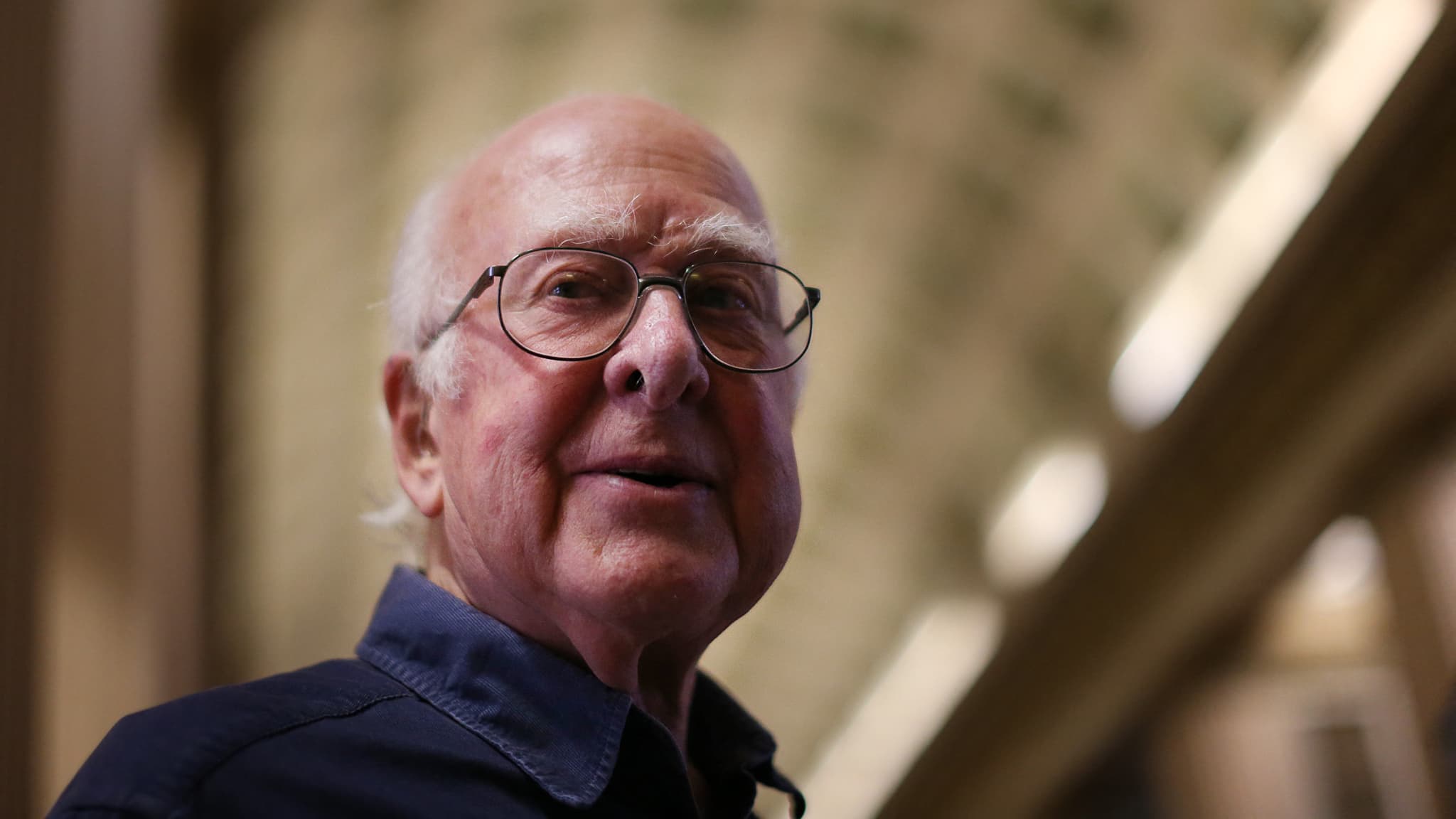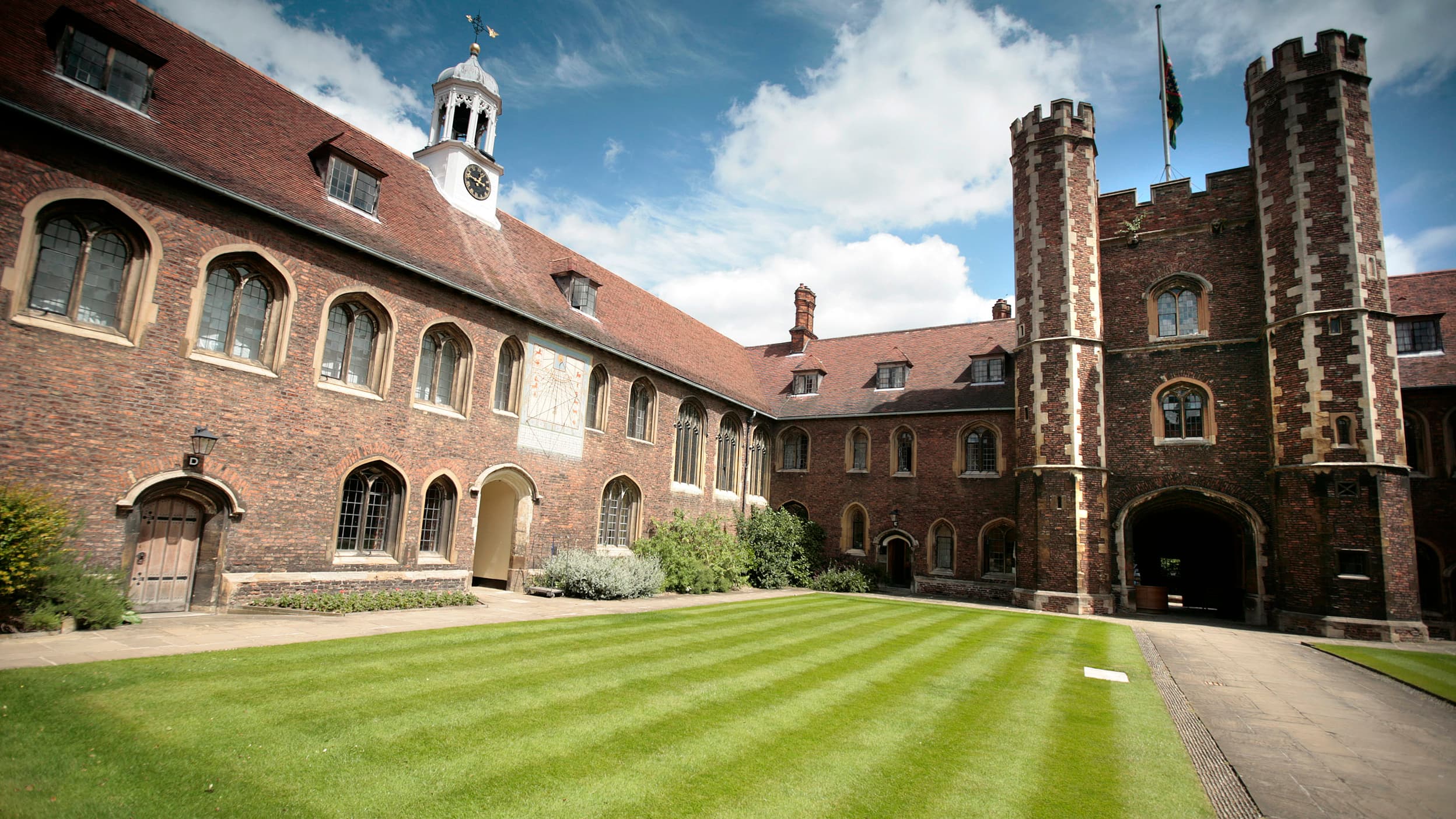In 1964, British physicist Peter Higgs hypothesized the existence of the boson, an elementary particle considered to be the cornerstone of the basic structure of matter. This earned him the Nobel Prize in Physics in 2013, along with the Belgian François Englert.
British physicist Peter Higgs, winner of the 2013 Nobel Prize for his work on the Higgs boson, an elementary particle believed to be a cornerstone of the fundamental structure of matter, died on Monday, April 8, at the age of 94, the University of Edinburgh announced on Tuesday.
“He died peacefully at his home on Monday, April 8, after a brief illness,” the university, of which the scientist was a longtime professor emeritus, said in a news release.
Peter Higgs received the Nobel Prize for Physics in 2013 together with Belgian François Englert. They were awarded for laying the theoretical foundations in 1964 that led to the discovery of the boson in 2012 at the Swiss CERN laboratory.
“God Particles”
The Higgs boson is considered by physicists to be the cornerstone of the basic structure of matter, an elementary particle that gives its mass to many others, according to the so-called “Standard Model” theory.
In an effort to popularize this discovery, the boson was nicknamed the “god particle” because it is everywhere, yet especially elusive because it is extremely unstable.
Peter Higgs, who said he hated devices such as mobile phones, said he learned he had received the Nobel Prize in the street when a former neighbor approached him to congratulate him.
“How do I feel? Well, obviously I’m delighted and quite relieved in the sense that it’s over. It’s been a long time coming,” he said.
“Rare Modesty”
“Peter Higgs was a remarkable man – a truly gifted scientist whose vision and imagination enriched our knowledge of the world around us,” Peter Mathieson, director of the University of Edinburgh, was quoted as saying in a press release.
“His pioneering work has motivated thousands of scientists and his legacy will continue to inspire many more for generations to come,” he added.
CERN Director General Fabiola Gianotti praised the memory of “a hugely inspiring figure for physicists around the world, a man of rare modesty, a great teacher and someone who explained physics in a way that was very simple and yet profound.”
“I absolutely did not imagine that this would happen in my lifetime”
Peter Higgs was born on 29 May 1929 in Newcastle in the north of England and held a doctorate from King’s College London and several honorary degrees and many awards (Royal Society, Institute of Physics, etc.).
He first theorized the existence of the boson in 1964, while at the same time two Belgians, François Englert, now aged 91, and Robert Brout, who died in 2011, began the first work on the subject.
After five decades of failures, CERN (the European Organization for Nuclear Research, based near Geneva) announced its discovery on July 4, 2012, thanks to the world’s largest particle accelerator.
“I absolutely did not imagine this would happen in my lifetime,” said the red-cheeked, white-eyed, bald-headed man in a video broadcast after the announcement.




